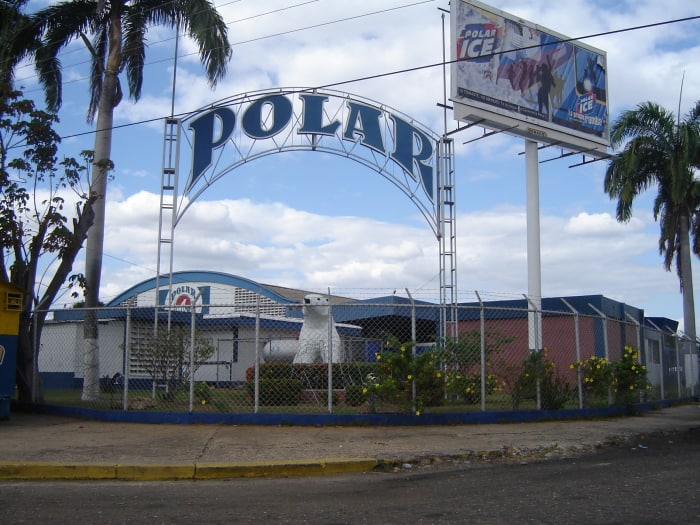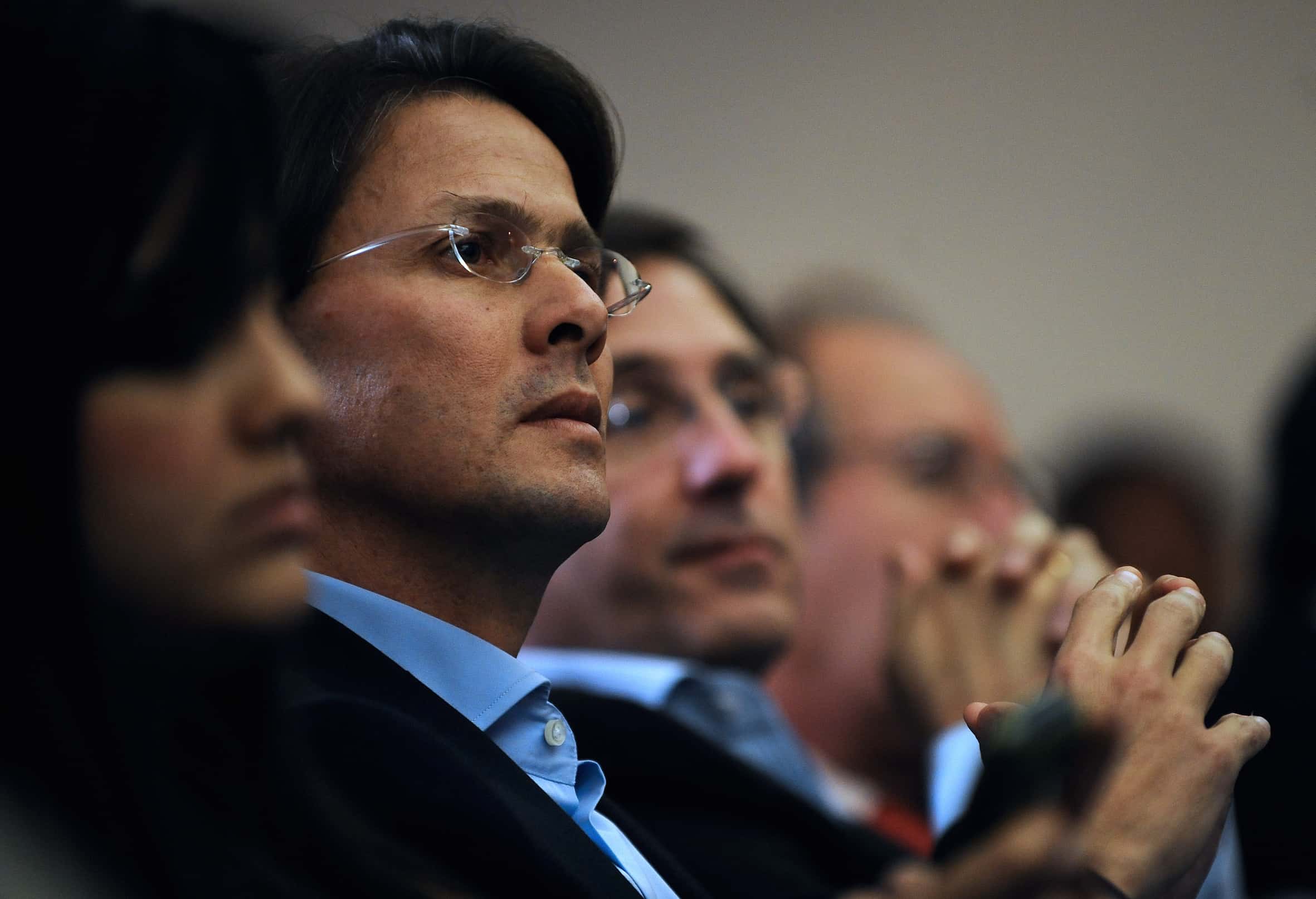Lorenzo Mendoza, head of Venezuelan food and beverage empire Empresas Polar, could face decades in prison if convicted of the charges, which include conspiracy and “usurpation of state functions.”
The charges were filed with prosecutors by 101 lawmakers from the 167-seat National Assembly, said deputy Pedro Carreno of the United Socialist Party of Venezuela (PSUV), as he presented the document.
The complaint is based on a leaked phone call between Mendoza and Venezuelan economist Ricardo Hausmann that was aired a week ago on a TV program hosted by the speaker of the National Assembly, Diosdado Cabello.

The United States condemned the threat to try Mendoza, who ranks 690th on Forbes magazine’s list of the world’s wealthiest people, with an estimated fortune of $2.7 billion.
In the conversation, Hausmann tells the 50-year-old magnate he has held “conversations” with the International Monetary Fund because he believes Venezuela needs $40 million to $50 million in international assistance to escape its economic crisis — to which Mendoza agrees.
The businessman tells Hausmann, who was Venezuela’s planning minister in the 1980s, that such a bailout will be “the ABCs of what we’ll need.”
The furor comes as President Nicolás Maduro’s government, battered by falling oil prices, struggles to reverse soaring inflation, chronic shortages and what the IMF predicts will be an economic contraction of 10 percent this year.
A treason conviction carries a sentence of up to 30 years in prison in Venezuela, a criminal lawyer told AFP.
Mendoza said the taped conversation was private and called the accusations “an attempt to manipulate public opinion” as Venezuela heads for key legislative elections that the PSUV risks losing for the first time since its late founder Hugo Chávez came to power in 1999.
“We are deeply concerned by a climate of polarization and intimidation in Venezuela against those with opposing viewpoints,” said the U.S. State Department.
“All Venezuelans deserve to be able to express their opinions freely and without fear of intimidation.”






